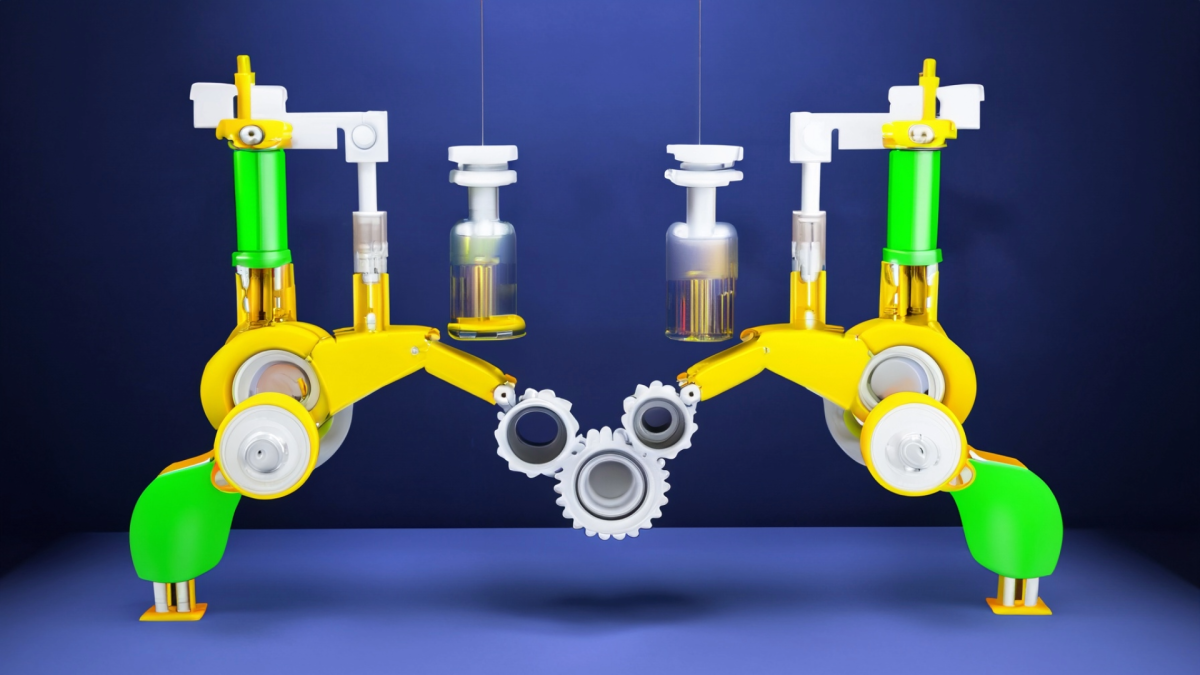Grades:
5th Grade
This hands-on lesson covers balanced and unbalanced forces. Students use the skills they have already been taught to apply them to a real-world situation involving rockets. You will need 500mL bottles
Grades:
8th Grade, 9th Grade, 10th Grade, 11th Grade, 12th Grade
This lesson is designed to allow students the experience to move from an additive understanding in mathematics to a multiplicative understanding through this activity called Cootie Catcher. The
Grades:
5th Grade, 6th Grade, 7th Grade, 8th Grade
In this creative lesson, students explore states of matter as they fuse glass. During this process, students are actively engaged as they design an art piece, work on measurements, and collaborate
Grades:
6th Grade, 7th Grade, 8th Grade
In this engaging lesson, students explore and observe thermal shock by watching marbles bake and placed in ice water. Science and math concepts are covered in this unique lesson as well as visual arts
Grades:
2nd Grade
In this lesson, students will learn about and create a wick hydroponics system. There is a teacher prep section along with a variety of other resources included. This lesson can be adapted to fit
Grades:
6th Grade
This lesson starts by discussing/learning what is matter, the states of matter, and the properties of matter. It continues with what is mass and how to measure it. Two labs follow: density of solids
Grades:
5th Grade
Summary: This lesson is a precursor to subsequent lessons comparing how garden growing techniques determine plant growth/production. Students will be activating prior knowledge in the life sciences
Grades:
8th Grade
Explore scientific notation by traveling through the universe. Students will try to place objects in the universe in order from smallest to largest by using pictures, names and numbers in scientific
Grades:
5th Grade
In this lesson, students comprehend basic physics concepts that are applicable to constructing a device that protects an egg from breaking when dropped. Team building and self-reflection are key
Grades:
Kindergarten
This is a hands-on lesson about shapes! After listening to Jack and the Beanstalk, students will look at a collage of castles and try to identify shapes that they see in the construction of the
Grades:
3rd Grade
In this engaging lesson, students will create their own parade float using recyclable materials and code a parade route using Dash robots. Students will do this after hearing the story "Balloons over
Grades:
6th Grade, 7th Grade, 8th Grade
In this engaging lesson, students will examine the surface of the Moon to consider hazardous conditions that NASA may find there. Then, they will investigate several hazards (dust, boulders, and
Grades:
6th Grade, 7th Grade, 8th Grade
This hands-on science lesson will help students get a more accurate view of the solar system by making a scale model with play dough, balloons, rulers, and tape!
Grades:
5th Grade
In this creative lesson, students will create a simple machine to retrieve objects through a makeshift storm drain. There is a potential literacy integration and a focus on the engineering design
Grades:
6th Grade, 7th Grade, 8th Grade
In this meaningful lesson, students use creativity, imagination, and engineering skills to create a water conservation model that can be scaled up and used in a garden. Students are encouraged to
Grades:
3rd Grade, 4th Grade, 5th Grade
This lesson is for 3rd-5th grade students to explore the concept of aquaponics and build a working aquaponics system.
Grades:
5th Grade, 6th Grade, 7th Grade, 8th Grade
Building on the programming concepts explored in part 1, this lesson asks students to re-imagine the ‘spiral-out’ program to be a spiral-in program instead. Designed to be a stepping-stone activity to
Grades:
11th Grade, 12th Grade
This will be a 1 class period laboratory. It should take about 45-60 minutes. Students will be making a wet-mount slide of pollen that they collected or that was provided. They can look at prepared
Grades:
6th Grade, 7th Grade, 8th Grade
This is an 8-lesson unit that is designed to be used together to learn about the health and diversity of your local watershed by placing leaf packs into a water source (natural or man-made ponds
Grades:
8th Grade, 9th Grade
Make quadratics come alive with stomp rockets! This is a 3-4 hour learning experience where students will build and launch paper rockets, then use the data to create quadratic equations.
Grades:
6th Grade
This is the second part of the egg drop challenge. Students will improve on their original design and make a new design to test and analyze.
Grades:
5th Grade
In this STEM lesson, 5th grade students will apply what they have learned about the affect gravity and friction have on an object’s mobility by engineering simple machines to change the ending of the
Grades:
9th Grade, 10th Grade
In this lesson plan, students make use of their knowledge about homoestasis, osmosis, and types of solutions to design their own science investigation that will enable them to prove and answer: Why it
Grades:
6th Grade, 7th Grade, 8th Grade
This is a two-part lesson using pull back cars. Students will change the mass of their pull back cars to determine if the mass affects the distance they travel or their speed. This engaging lesson
Featured Lesson Plans
Check out these notable lesson plans.

Featured
Pumpkin Jack Part One
Grades:
4th Grade
This lesson includes fourth grade reading, writing, math, science, and engineering standards. The potential is endless with additional enrichment activities. Students participate in the nurturing and

Featured
Simple Machines Save the Day
Grades:
5th Grade
In this lesson students read about simple machines and learn that simple machines make it easier to lift or move things and that they can change direction and magnitude of force. Students use LEGOs to

Grades:
6th Grade
Students are tasked with using the Engineering Design Process to create a system of harvesting rainwater to meet the needs of residents in communities that have a scarce water supply (shortage of


